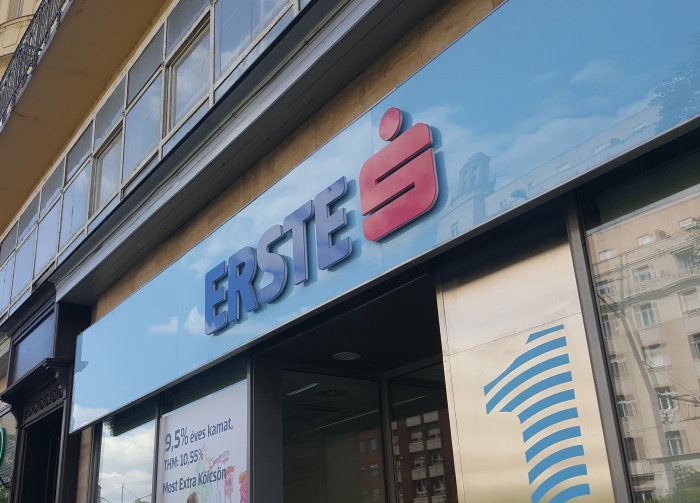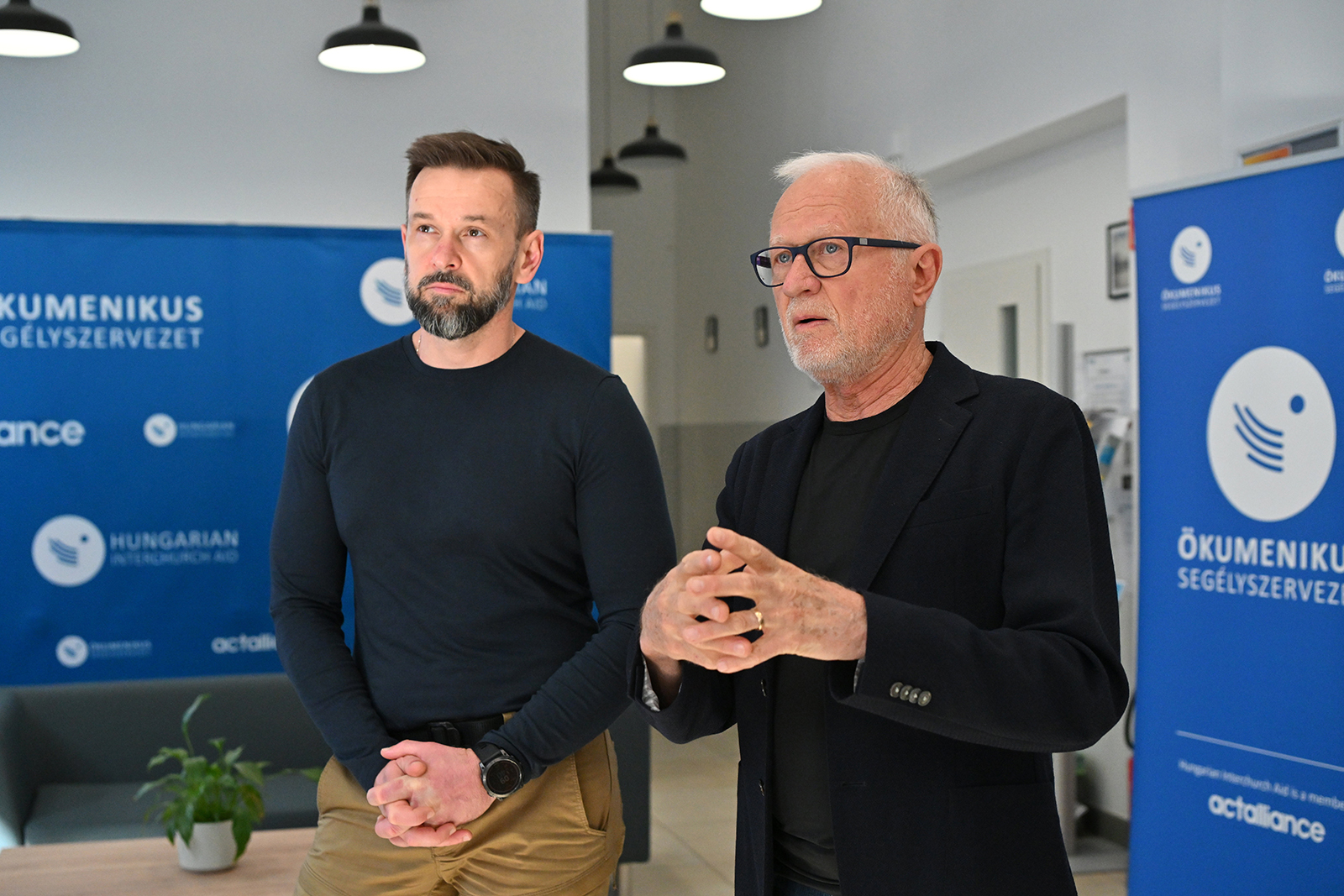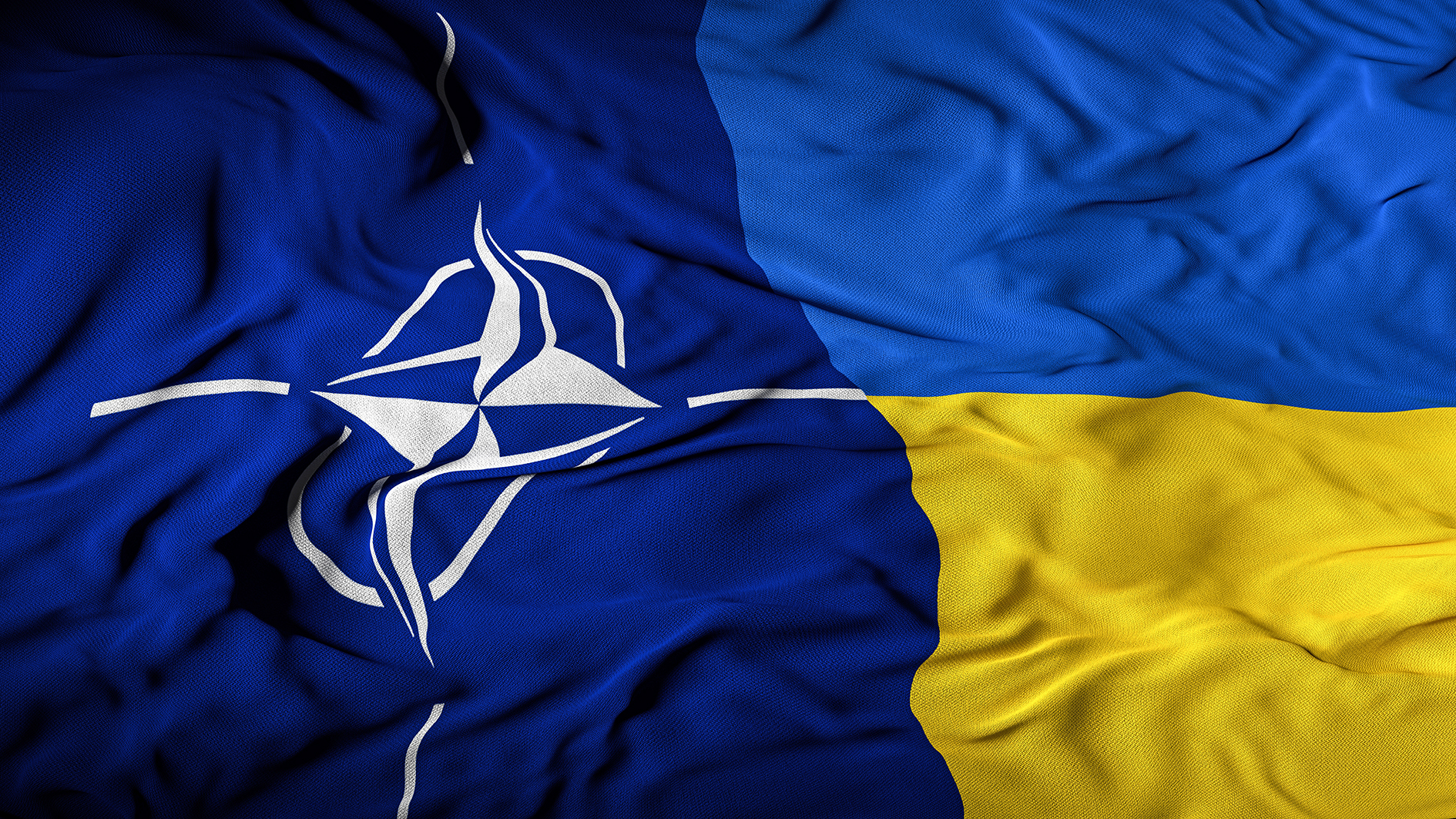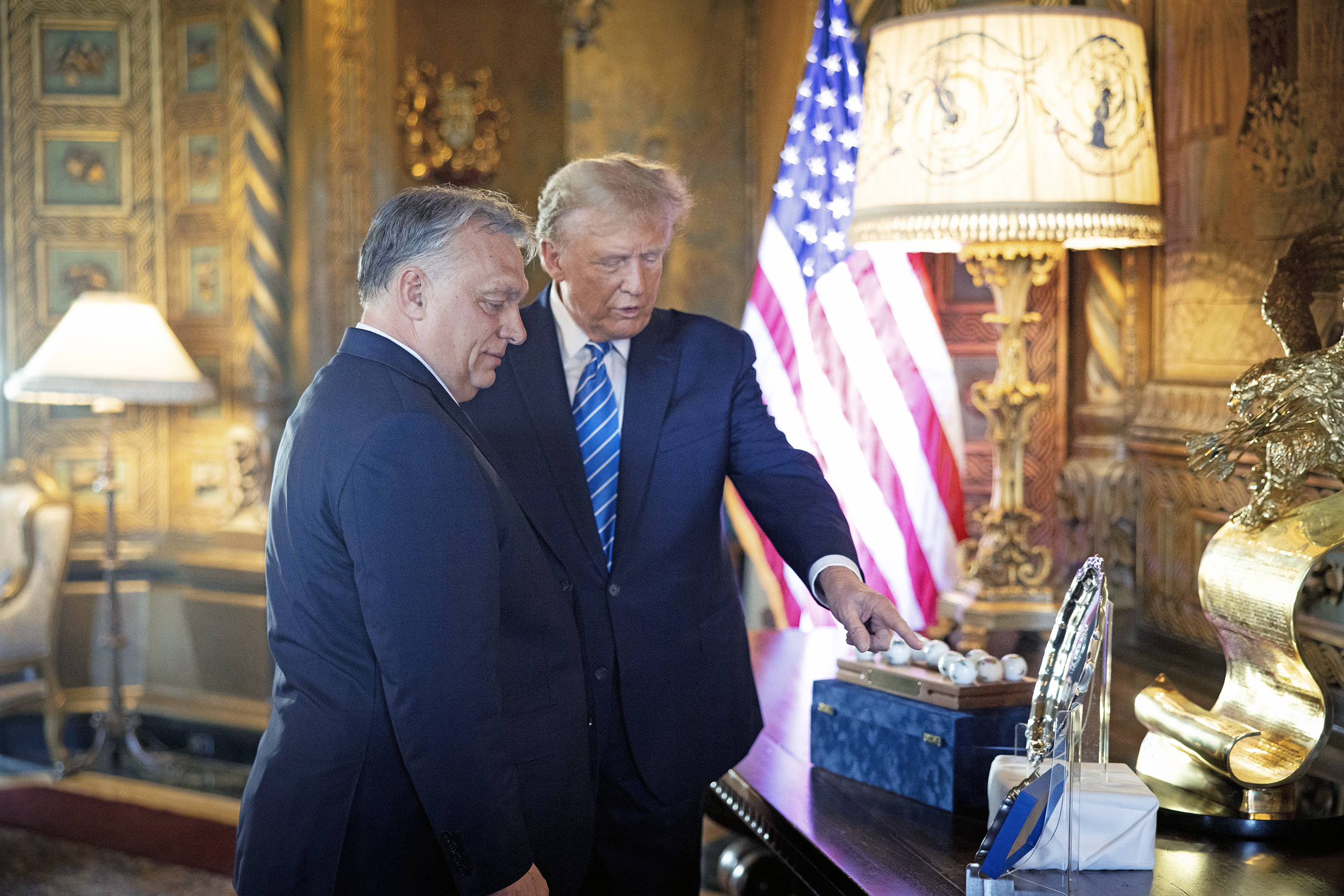Orbán Warns That ‘Sanction Surcharge’ may be Baked-in
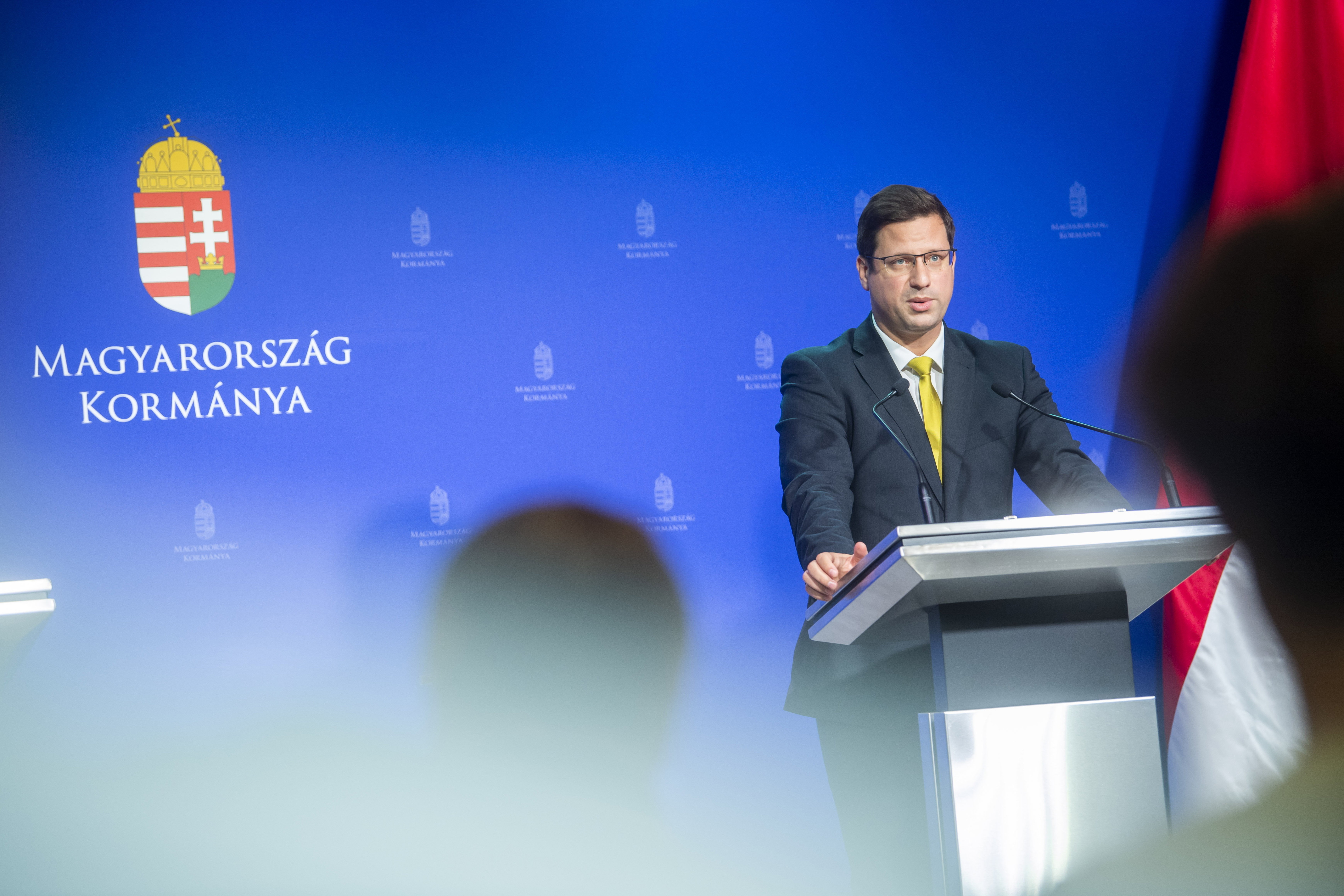
Prime Minister Gergely Gulyás announces the extended Christmas break at Hungarian schools, universities, and state offices at the Government Info press conference in the Prime Minister’s Office building on September 29.
Photo by Zoltán Balogh / MTI.
The cabinet of Prime Minister Viktor Orbán approved an initiative on September 28 from governing Fidesz-KDNP MPs to organize a National Consultation on the sanctions imposed on Russia by the West, which the PM blames for “sky-high” energy prices.
Máté Kocsis, the leader of the parliamentary group of Fidesz, requested the government conduct the public survey so that Hungarians could express their opinions on the matter, which he said would make them the first in Europe to be able to do so.
In a weekly interview with Kossuth Rádió on September 30, Orbán warned that the “sanctions surcharge” Europeans are currently paying on energy could be “built-in” to the economy if European Union policies concerning punitive measures against Russia remain in place.
“If we don’t protest, if we don’t get Brussels to change the sanctions policy […] the sanctions surcharge will become a fact of life for the coming 5-10 years,” the PM warned. Orbán said that the National Consultation on Brussels’ sanctions policy would give Hungarians an opportunity to establish a consensus.
“We need to voice our opinions because if the sanctions policy is not changed, the sanctions surcharge that we’re paying today, which is a temporary thing, will be built into the economy and will remain with us for the long term,” he said.
As a consequence of the higher energy prices, Hungarians are consciously preparing for this year’s heating season, according to research from IKEA. While households said they would keep the temperature in their homes higher than the 18ºC (64ºF) recommended by the government, the survey revealed that most, some 47.7%, would turn down the heating in rooms when they are not in use.
MNB Turning Down the Dial
As a public institution, the management of the National Bank of Hungary (MNB) said it would lower thermostats at its buildings to 18ºC during the winter, in addition to reducing hot water usage and cutting back on outdoor lighting in an effort to save energy, the central bank said in a release on its website on September 28.
To further save on energy costs, the government announced that Hungarian students’ that there would be no fall break this year, but the winter holiday would be extended from December 22 to January 8, the Prime Minister’s chief of staff Gergely Gulyás said at a weekly press briefing on September 29. Gulyás said a similar break would also be ordered at government administrative institutions during the same period, resulting in “significant” energy savings.
Yet, as Russia’s Gazprom has severed ties with every other European country, Hungarian energy company MVM said it had reached an agreement with the energy giant on October 3 to make deferred payments for gas over the winter, which it said would increase its financial room for maneuver.
Hungary signed a 15-year deal with Russia last year, before the invasion of Ukraine, to receive 4.5 billion cubic meters of gas per year via Bulgaria and Serbia, according to Minister of Technology and Industry László Palkovics. The minister told an energy conference organized by portfolio.hu on October 4 that Hungary was aiming to eliminate Russian gas imports by 2050 through a large-scale electrification drive, following a review of Hungary’s energy strategy in the first quarter of 2023.
On the same day, the European Commission provided Hungary with EUR 21.1 million in support to help cover the country’s costs in providing for refugees from Ukraine, according to the Ministry of the Interior. The ministry said that related services and supplies for the more than 900,000 Ukrainian refugees who have arrived in Hungary have amounted to roughly HUF 28 billion, or EUR 66 mln.
This article was first published in the Budapest Business Journal print issue of October 7, 2022.
SUPPORT THE BUDAPEST BUSINESS JOURNAL
Producing journalism that is worthy of the name is a costly business. For 27 years, the publishers, editors and reporters of the Budapest Business Journal have striven to bring you business news that works, information that you can trust, that is factual, accurate and presented without fear or favor.
Newspaper organizations across the globe have struggled to find a business model that allows them to continue to excel, without compromising their ability to perform. Most recently, some have experimented with the idea of involving their most important stakeholders, their readers.
We would like to offer that same opportunity to our readers. We would like to invite you to help us deliver the quality business journalism you require. Hit our Support the BBJ button and you can choose the how much and how often you send us your contributions.


